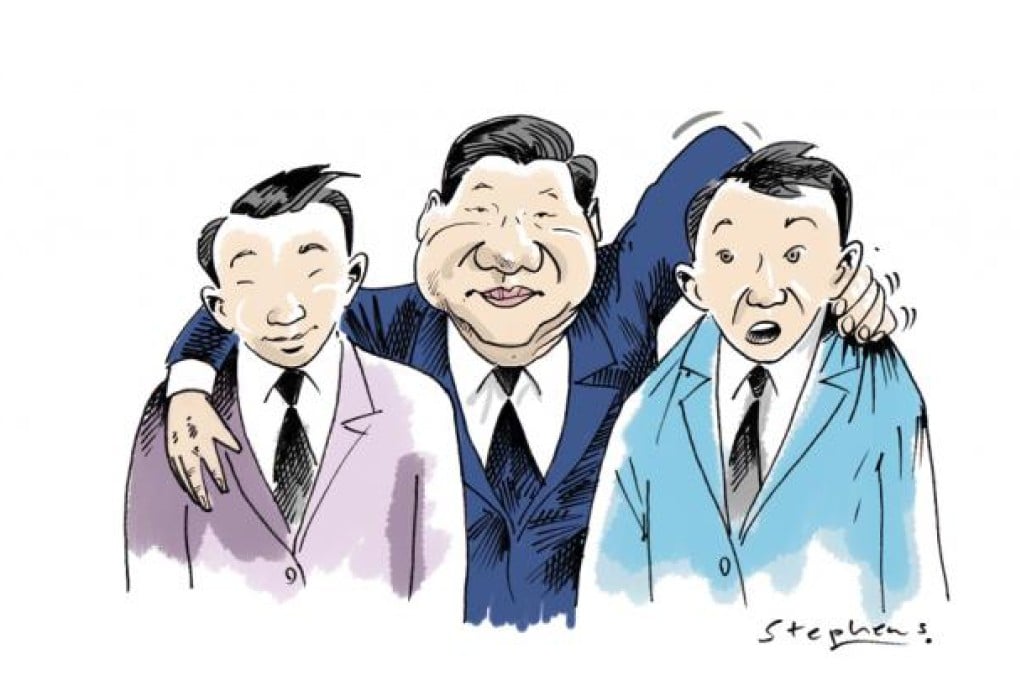What Xi Jinping must do to root out corruption
Steve Tsang says two things stand in the way of Xi Jinping's anti-corruption drive – the party's absolute power and the endemic exploitation by leaders' relatives of their position for personal gain

Upon his promotion to the post of general secretary of the Chinese Communist Party and therefore the leader of China, Xi Jinping declared that one of his top priorities was to tackle corruption. This is welcome indeed. But his pronouncement lacks credibility.
It is not because Xi is seen as personally corrupt. Even the penetrating Bloomberg report last year, which detailed the vast wealth his family members had amassed, did not suggest Xi was himself corrupt.
In parallel, The New York Times provided a more recent damning report that documented the phenomenal wealth Premier Wen Jiabao’s family members have built up during his time in office. This piece of impressive investigative journalism also highlighted that it came across no evidence to suggest Wen himself had been on the take. I don’t believe either Xi or Wen is personally corrupt.
Why, then, is Xi’s commitment to eliminate corruption unconvincing?
There are two basic reasons. Neither has anything to do with China’s tradition, heritage or genetics. Hong Kong has proved that, even without democracy, its Chinese population has been completely able to tackle corruption successfully. Hong Kong’s experience should be highly inspirational to the rest of China.
The first basic reason is the political system. Power corrupts and absolute power corrupts absolutely. The Leninist political system in place in China, albeit softened since the Dengist reforms to become a consultative variant, remains the most powerful or absolutist political system ever installed by mankind. There are no checks and balances against the party’s monopoly of power.